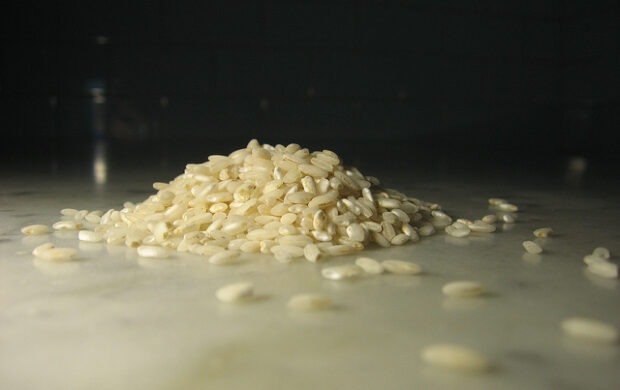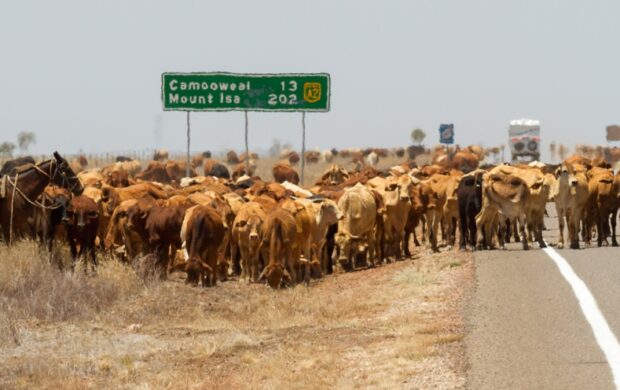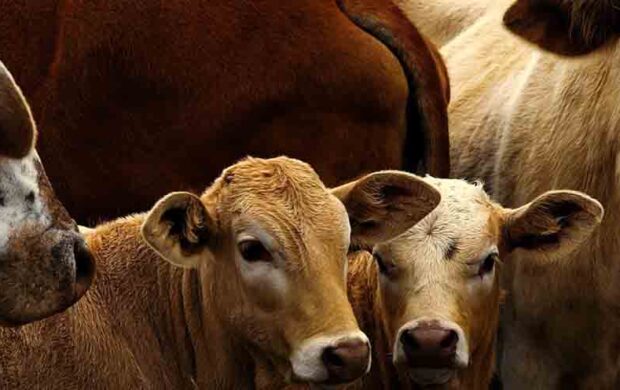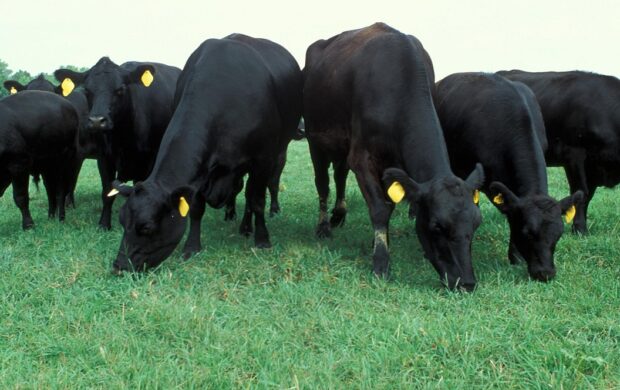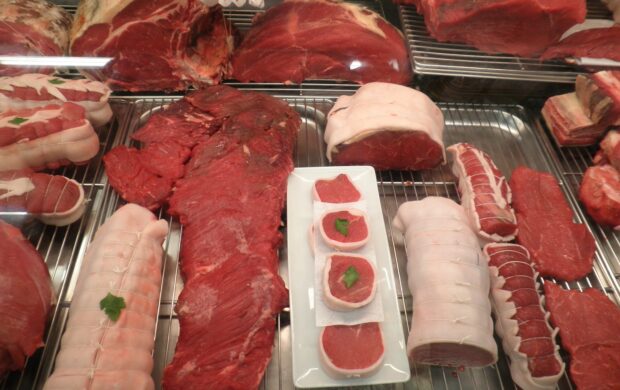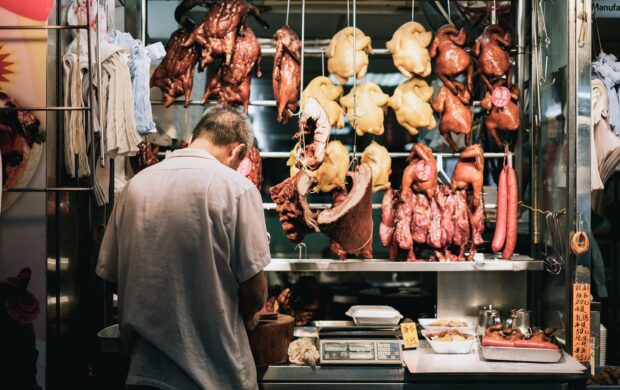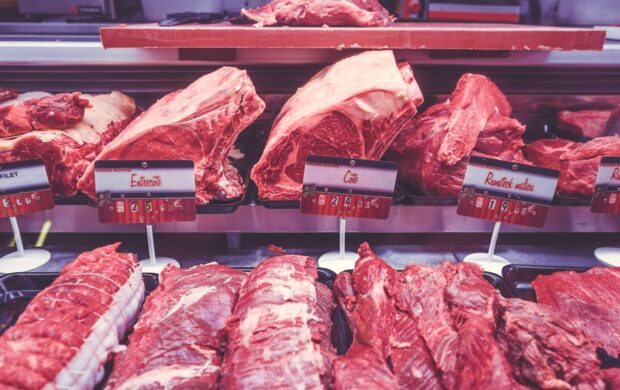The Chinese Communist Party has drafted guidelines to curb meat consumption in China by 50%. This initiative is designed to improve general health conditions amongst its citizens as well as contributing to the fight against climate change.

The whole process of rearing meat for consumption contributes more than 14.5% of global greenhouse gas emissions (GHG), more than every car, ship, train and plane combined. Beef is the worst culprit. Previously called ‘millionaire’s meat’ in China due to its scarcity, it is now affordable for a steadily growing portion of China’s huge population. However, the growing demand for beef is causing problems. Beef production emits six times more CO2 emissions per kilogram than pork and eight times more than chicken. It noticeably surpasses all other animals raised for mass consumption in terms of land, water and crops used for its rearing.
China is the world’s largest consumer of meat, larger than the US and the EU combined; its appetite and dietary choices correlate with its rapid economic growth and the prosperity many have experienced as a result. According to WildAid, China’s meat consumption is set to increase by 50% by 2030 if it stays on its current trajectory.
In a place where meat was a rare luxury, its recent availability has adversely impacted the population’s health. Heart disease, diabetes, cancer and obesity are the causes for 85% of deaths in China, and many of these cases are aggravated by meat consumption.
China’s government aims to remedy this developing epidemic by urging citizens to halve their meat consumption, via the Ministry of Health’s revised dietary recommendations which it releases approximately every 10 years. The Party have even reached out to Hollywood for assistance, using Arnold Schwarzenegger in awareness commercials in an attempt to attract a wider demographic to the message.



